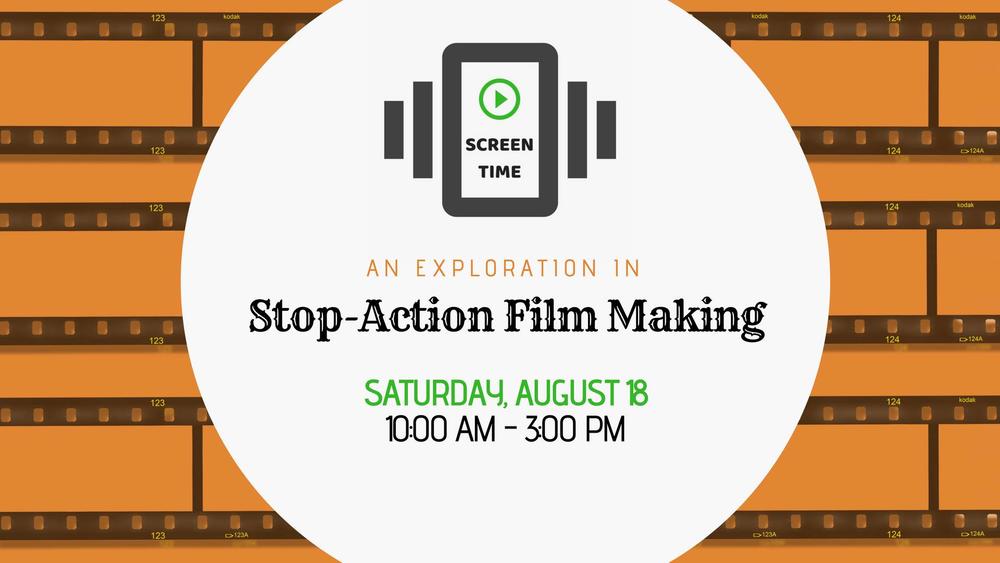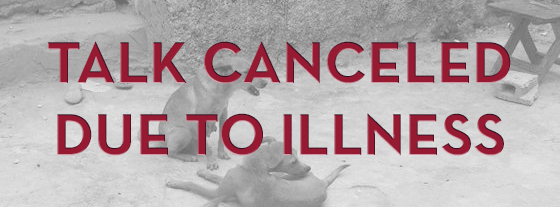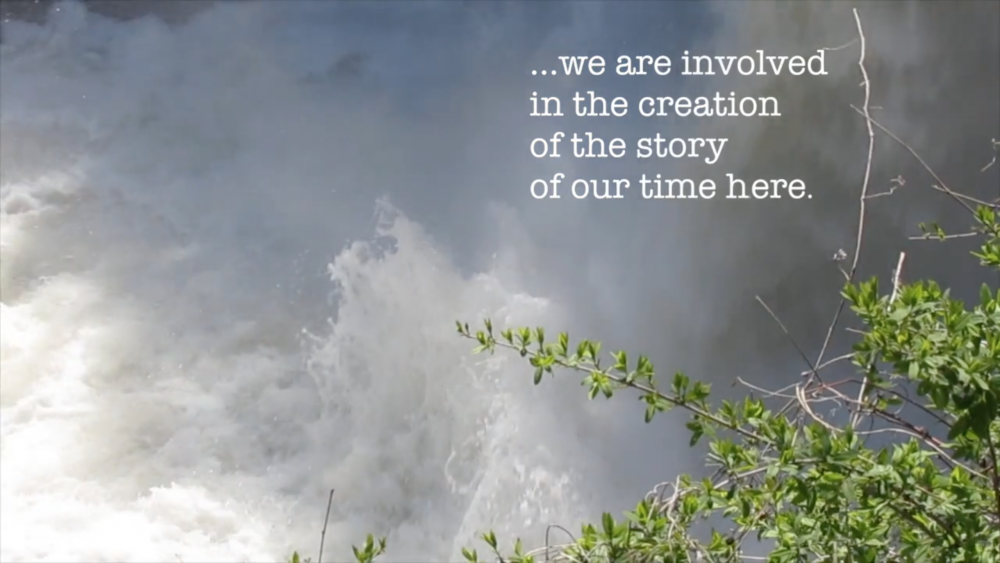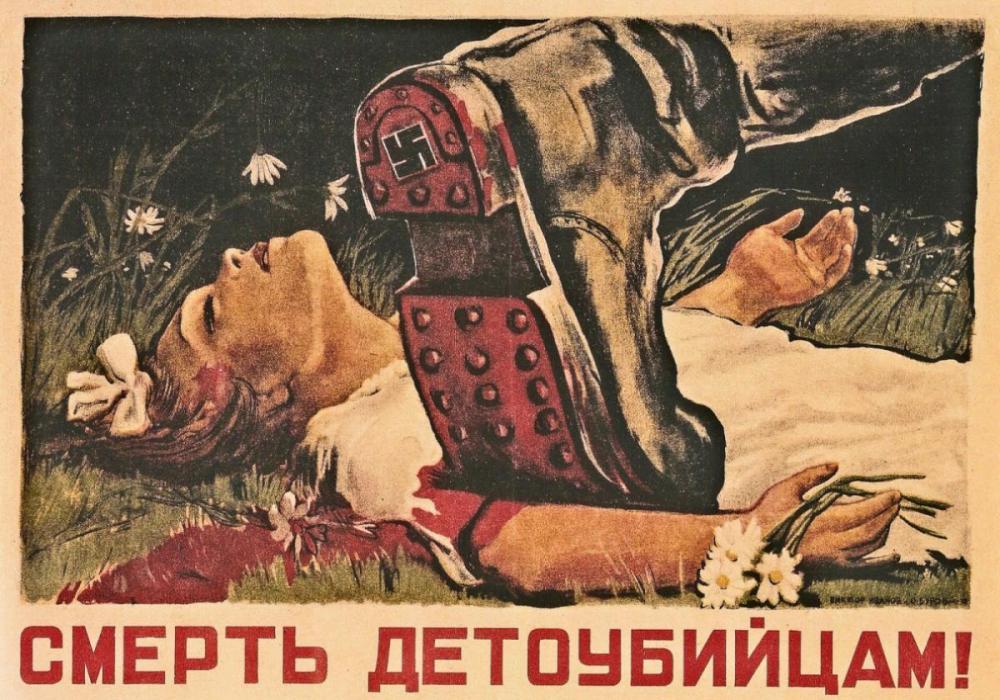Marc Bellemare
Department of Applied Economics
College of Food, Agricultural, and Natural Resource Sciences
Department of Applied Economics
College of Food, Agricultural, and Natural Resource Sciences
Hubbard School of Journalism and Mass Communication
College of Liberal Arts
We are taking technology back! Learn how to use personal devices to develop your dreams of becoming a filmmaker and story teller or just take a chance on something new. In the class we will learn how to use simple (free) apps to create movies, work in teams, develop a story and explore the art of stop-action film making.

To comply with federal mandates and reduce liability, universities, corporations, the military, and other big organizations require that their members participate in training intended to reduce sexual harassment and assault. Does training produce the desired effects? This study explores the consequences of mandatory, in person sexual misconduct training on attitudes among undergraduate students, including rape myths, willingness to report, and adherence to gender stereotypes.

What kind of legal history might account for the unique and continued practice of forfeiture in the United States? Law enforcement, as many recent writers have argued, has grown increasingly dependent on this failsafe way to gain revenue, since civil asset forfeiture has few procedural safeguards. Unlike criminal forfeiture (in personam), civil forfeiture generally proceeds against the offending property (in rem), not against the person.

The civil rights struggles of the 1960s led to calls for establishment Afro-American and American Indian studies programs at the University of Minnesota. In 1969 the activism of African American and American Indian students and supporters led to the founding of Departments of Afro-American Studies (now African American & African Studies) and American Indian Studies (the first in the nation). The new intercollegiate Higher Education Consortium on Urban Affairs, or HECUA, soon followed.

In many indigenous cultures, story is central to a group's understanding of who they are. For the Dakota and the Ojibwe, indigenous people to Minnesota, stories of water are foundational to the relationship between place and community. The program will feature a short video by Dakota transmedia artist Mona Smith (Allies:media/art), and a panel discussion including Ethan Neerdaels (Dakota Language Society), Mary Hermes (UMN-CEHD), and Vince Diaz (UMN-CLA).

With Nancy Gertner, Harvard Law, Retired Federal Judge and Lecia Brooks, Southern Poverty Law Center; moderated by UMN American Studies Regents Professor Elaine Tyler May.
This panel discussion brings Gertner and Brooks into conversation to discuss issues of race and justice in America. The two discuss the roles of the justice system and advocacy, and why the history of the late 1960s is so relevant to issues of violence and race today.

Children in the Soviet Union suffered horribly during World War II. Conditions created by an invading enemy and policy decisions by state authorities contributed to traumatic experiences for the young, experiences that were captured in officially-sanctioned images and narratives during the war. This talk will describe typical childhood trauma in the wartime USSR, offer examples of Soviet images that depicted children in wartime, and explore ways in which state authorities used these representations of children’s suffering for audiences young and old, during and after the war.

Economic growth has transformed the planet with both positive (improved material standards of living) and negative impacts (degradation of the environment including air and water pollution, loss of biodiversity, ocean acidification, and climate change). One major cause of environmental degradation is that market systems reward firms for producing commodities but not for maintaining environment quality. Correcting this imbalance to properly account for the value of nature can be achieved using a variety of public and private sector approaches.
